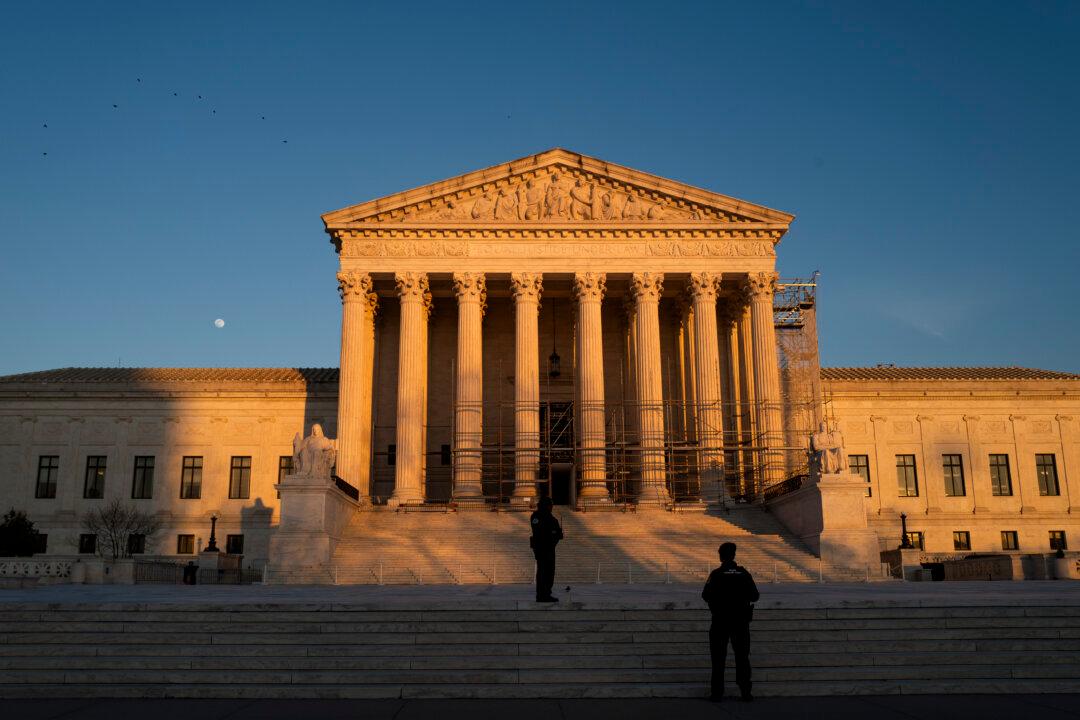The U.S. Supreme Court on Feb. 21 declined to allow the Trump administration to immediately fire Office of Special Counsel chief Hampton Dellinger.
This is the first time that the Supreme Court has weighed in on an action taken by the second Trump administration.





